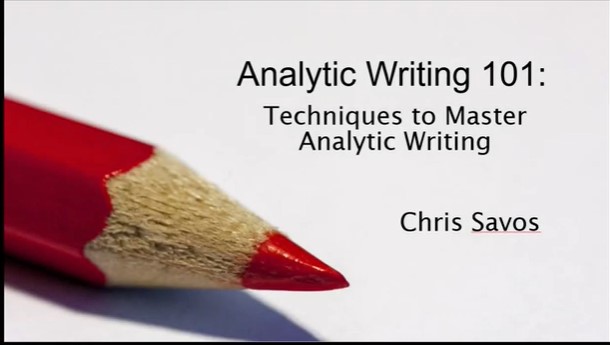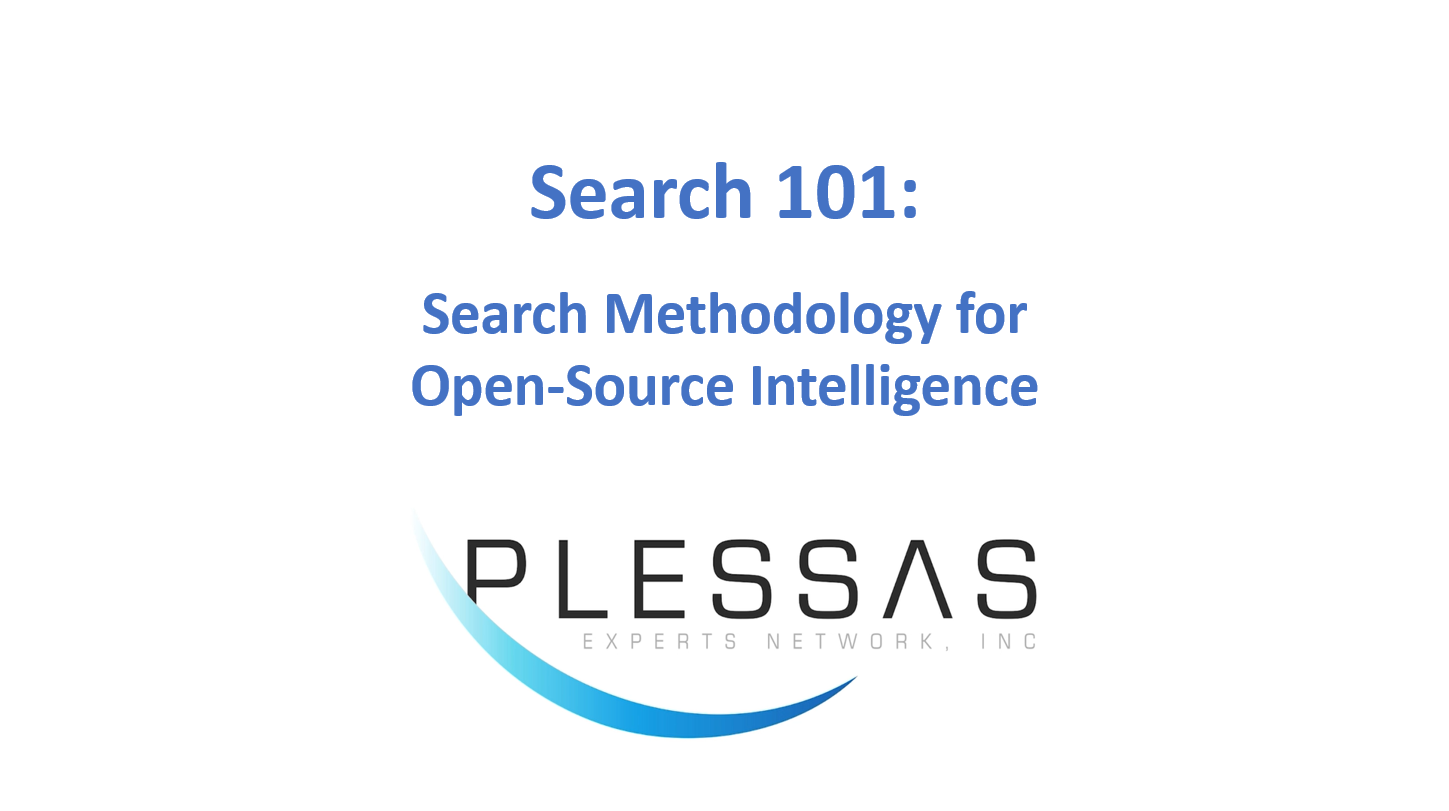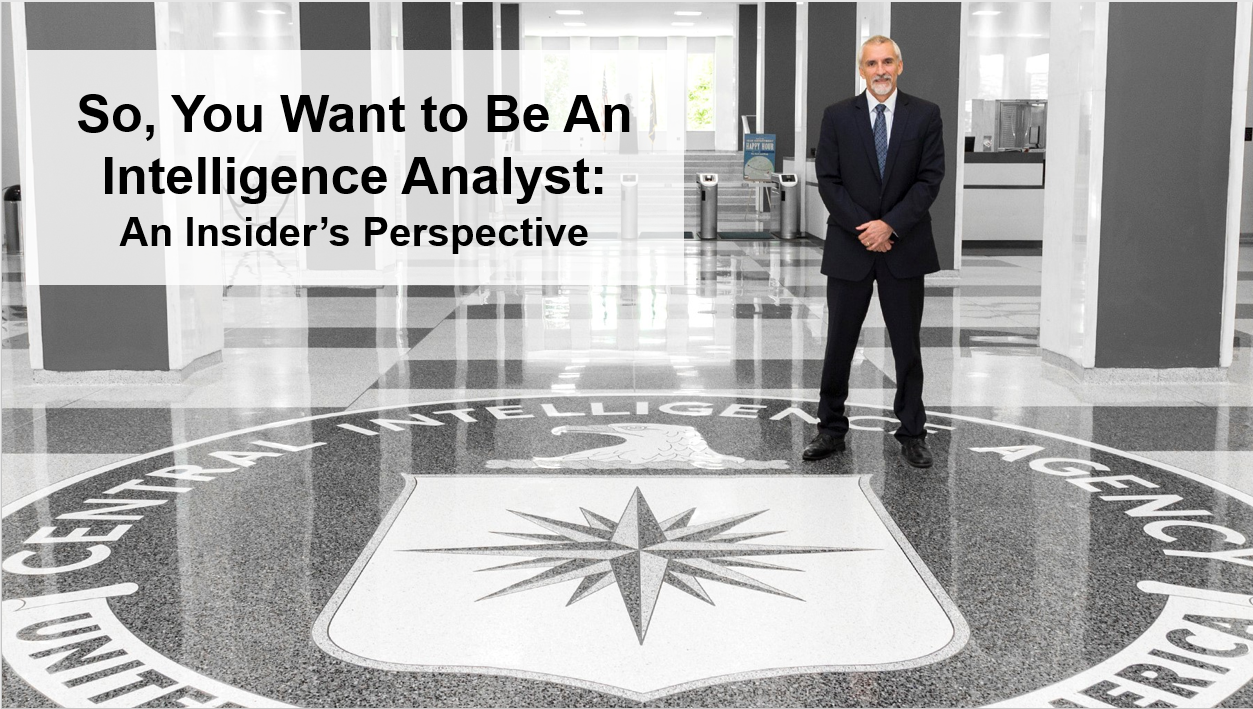Available courses
This course focuses on the many operational issues and statistical processes involved in designing and maintaining a dynamic crime analysis program. The techniques learned will help you and your officers catch crooks and do it more efficiently.
Students are granted 10 weeks of access to complete this course.
Students will learn techniques to uncover hidden criminal activity; develop, organize, and link disparate data; support emerging and ongoing criminal investigations; and identify the relationships between people, organizations, and criminal events, as well as between finances, proceeds, and assets. Students will also learn how to produce actionable intelligence, how to apply it to criminal investigations, how to deliver dynamic intelligence briefings, and how to present material in court proceedings.
Students are granted 8 weeks of access to complete this course.
This course will provide you with an arsenal of techniques you can use to identify the physical, behavioral, and personality characteristics of offenders who commit the crimes of rape and homicide, particularly serial rape and homicide offenses.
Students are granted 8 weeks of access to complete this course.
This course focuses on the many operational issues and statistical processes involved in designing and maintaining a dynamic crime analysis program. The techniques learned will help you and your officers catch crooks and do it more efficiently.
Students are granted 10 weeks of access to complete this course.
Students will learn and demonstrate knowledge of research methodology within the criminal justice field. Focus will be placed on becoming acquainted with the range and scope of quantitative and qualitative tools available to the criminal justice researcher.
Students are granted 8 weeks of access to complete this course.
This course is for anyone who has a professional or personal interest in China and wants to understand the history, structure, equipment, and capabilities of its armed forces. At the end of the course, you’ll have a solid grasp of China’s military and national police forces and an analytic framework for assessing future developments related to Chinese military power. The instructor, Dennis Blasko, is a true expert on the Chinese military, and he provides a comprehensive view of the subject that will aid anyone charged with analyzing China, its military, the balance of power in Asia, or the implications for the United States and the rest of the world of China’s growing ambitions.
The course covers all aspects of Chinese armed forces in a comprehensive, easy-to-follow format. Even better, the course includes a companion eBook, Understanding China’s Military Forces: A Compendium, that serves as the printable follow-up to and expansion of the instructor’s seminal 2012 book, The Chinese Army Today.
This course is the perfect complement to our other China course, Understanding China’s Worldview. That course’s instructor, Michael Hale, serves as the narrator for this course.
This course is for anyone who happens to use a computer in their personal or professional lives, which is pretty much everyone. In particular, this course seeks to demystify cybersecurity and provide a clearer understanding of the subject to professionals in any field.
The course covers all sides of the struggle to protect computers, networks, information, and industrial systems from an ever-evolving cyber threat. It looks at the key players, technologies, and issues that shape the cyber landscape and examines a wide range of recent cyber attacks to demonstrate the variety of goals, targets, and methodologies these attacks have.
This course is for anyone who wants to give their customers an edge in understanding and dealing with key leaders, whether in a governmental context like intelligence, the military, or diplomacy or in private-sector fields like business or technology. It provides a foundation in leadership theory and a roadmap for producing insightful and useful leadership analysis for use in stand-alone profiles or for inclusion in broader analytic products.
The course walks through a variety of leadership theories that will provide you a solid foundation for understanding the leadership styles of your subjects as well as insights into what makes for an effective leader that will help hone your own leadership skills. It also demonstrates how to craft effective leadership profiles beginning with the conceptualization phase and going all the way through presenting the final product in a professional and compelling manner. The writing and presentational techniques covered in the course have broad application to a wide array of analytic products.
This is a course for anyone who wants to understand China and the origins, current shape, and probable future of its foreign policy. Whether you’re an analyst assessing China’s actions or just want to learn more about China’s increasing role on the world stage and the implications of China’s rise for East Asia, the United States, and the world, this is the course for you.
The course presents the roots and key elements of China’s worldview—the master narrative the Chinese use to make sense of the world and their place in it—and examines how this perspective has shaped the evolution of China’s foreign policy. By the end of this class, you will appreciate the Chinese perspective and be able to employ this understanding as a framework for explaining and predicting China’s actions and reactions in the international environment.
This course is for first-line and mid-level leaders who want to get great results the right way.
Most leadership courses focus on theory and fill you with esoteric jargon. This course focuses on DOING. You get clear action steps to implement the Six Habits of Leading Well so that you inspire people to contribute their best to your team’s success.
Imagine the impact if you could be just 10 percent more productive and could inspire your employees to do the same. Most leaders spend 50 percent or more of their time ensuring employees do their jobs, dealing with complaints and conflict, and conducting other unproductive activity. If you make $100k per year, that means $50k consumed by something other than being productive.
If you could reprogram just 10 percent of that time for actions that grow your business, you could increase your productive time by $5,000 plus the added revenues. Do the same for your direct reports and you’re well into five-figure impact. Retain just one more employee and you’ve saved the replacement cost for that person, somewhere between 50 to 200 percent of the position’s annual salary.
This course helps you do all of that and more. It’s your classic low-cost, high-payoff investment.
The strategy you had last year isn’t adequate today. Many of the forecasts and assumptions under which you operated are no longer valid. Your organization survived, which means you’ve made excellent decisions, built relationships, and delivered products or services that people need. Now it’s time to reassess the environment and make the course corrections necessary not only to succeed but to thrive. Now is the time to modify your strategy.
This course is for the leaders of any organization ready to craft a new strategy to adapt to new realities.
For many organizations, hiring a consultant for $70,000 or more is out of the question. Fortunately, you don’t have to shell out that kind of money. Chris Kolenda has put his process for developing and implementing a new strategy into a mastery program so that you can build a winning strategy and business plan at a fraction of the cost. The course videos detail each step of the process in clear, simple terms so that you know what you need to do.
The assignments equip you with formats and examples, so you get moving in the right direction, right away.
Leadership Strategies for Analysts is for anyone working in an analytic or critical thinking-focused profession as well as those managing or considering management positions in an analytic field. This course serves as a foundational leadership course for analytic professionals who aspires to build trust, create a supportive work environment, and thrive regardless of pace or conditions. Such professional might even find that the course enhances their life outside of work also!
The instructor has over 35 years of experience as an analyst and manager of analysts at the Central Intelligence Agency and is a highly-sought-after professional leadership coach. She draws on this extensive experience and her research in the field to craft a well-organized and enlightening course that will help you succeed as an analyst by improving your leadership skills.
This course is for anyone who currently supervises analysts and the production of analysis or who hopes to have such a position in the future. Regardless of your industry or whether you’re in the public or private sector, if you lead others in providing valuable insights to internal or external customers, this course offers practical strategies and tips for success.
The instructor, Bruce Pease, literally wrote the book on how managers of analysts can help them perform at their best—it’s called Leading Intelligence Analysis—Lessons from the CIA’s Analytic Front Lines. Bruce established and led the Agency’s Office of Terrorism Analysis immediately following the 9/11 attacks and held numerous other positions where he helped analysts cover critical issues. He shares his lessons from those experiences, his time as a Navy intelligence analyst, and his more recent role working as a trainer and consultant in the private sector with some of the country’s leading technology firms.
This course is for anyone who wants to be seen as a more effective, trusted, and respected professional. You’ve probably worked hard to develop the expertise and skills required to succeed, but unfortunately that isn’t always enough. To live up to your full potential and to advance in most organizations, you must pair an underlying competence with a package of qualities that encourages people to believe you and believe in you, to trust you, and, for aspiring leaders, to follow you. This package is known as executive presence.
Executive presence isn’t just for executives. Everyone in the workplace consciously and unconsciously communicates their competence to bosses, coworkers, employees, and customers, regardless of rank. It starts your first day on the job. In fact, it starts before your first day, as executive presence will play a critical role in your chances of getting hired. It’s never too early—or too late—to start working on that presence. The good news is that a more effective presence can be taught, and that’s exactly what this course does: it teaches you how to always present your best professional self.
This course is for anyone who is in a position that requires them to write analytically for an executive customer. Whether you’re an analyst in the Intelligence Community or a risk intelligence analyst in the private sector, you’re probably adept at describing the facts of an issue, but maybe you struggle to add analytic value–the key so what–that gives a decisionmaker an insightful edge. Analytic writing is the core skill for analysts in any field, and those who master it wield greater influence in their organizations and stand out from their peers who don’t have it.
This course doesn’t promise to teach you how to write. What it does is share strategies to leverage the skills you already have to inject your written products with analytic content. It includes techniques that will help you write most effectively and analytically for your executive customers. The professionals who are able to master these techniques have three things in common: they know how to convey a clear bottom-line message early in their written product, they support the bottom line with relevant information, and they provide their readers analytic judgments with impact.
If you’re expected to provide insightful written products to your executives or external customers, then you’ve come to the right place. This course is for any professional whose writing could use improvement, which, if we’re being honest, is almost everyone. Whether you’re evaluating policies, assessing risk, or analyzing foreign countries, this course will help you create clear and concise written products. Its 10 tips target common writing problems and will quickly raise your writing game.
The tips come from the instructor’s nearly 30 years of experience creating, reviewing, and teaching others how to write effective analytic products for demanding customers in the public and private sectors. If you consistently follow these tips, you’ll avoid the majority of pitfalls that lead to extensive edits and products that go unread or misunderstood.
Search 101 is designed to help anyone who performs internet research to uncover information about people, companies, or topics. The first section of the course offers tips and techniques for more effectively using the Google search engine–or any search engine–to progress from slow, basic queries to efficient, advanced searches, regardless of the student’s area of specialization. Students will gain valuable skills such as using Google to search specific domains, individual websites, or preferred file types. The second section of the course builds on the first and covers strategies for searching social media. Students will learn how to exploit social media platforms with or without an account, how to create a research account, and how to search emerging platforms.
The instructor, Kirby Plessas, has over 20 years of experience as an analyst, analytic manager, and trainer of analysts. Drawing from the methodology of Open Source Intelligence, Kirby shares her strategies for overcoming challenges to the collection and analysis of publicly available data.
Analysis 101: Strategies for Success as an Analyst is for anyone who is an analyst, aspires to become one, or manages them. It’s designed to fill a critical hole in most analysts’ educations by providing a framework for thinking about what it means to be a professional analyst and offering a set of practical strategies to help any analyst succeed, regardless of their area of specialization. The course serves as Analysis 101 for anyone who prefers to learn the fundamentals of being an analyst in just a few hours rather than by trial and error while on the job. It’s filled with fundamental information every analyst should know on day one of their career but rarely does.
This course is for anyone who is interested in becoming an intelligence analyst. Although it it primarily directed at those interested in applying to be an analyst at the CIA, the lessons taught are applicable to all analysts in government and the private sector. There’s very little useful, accurate, and honest information available on what being an intelligence analyst is really like; this course effectively and efficiently fills this gap. It also provides anyone interested in the business of intelligence an overview of what analysts do and how they play into the broader world of national security.


















